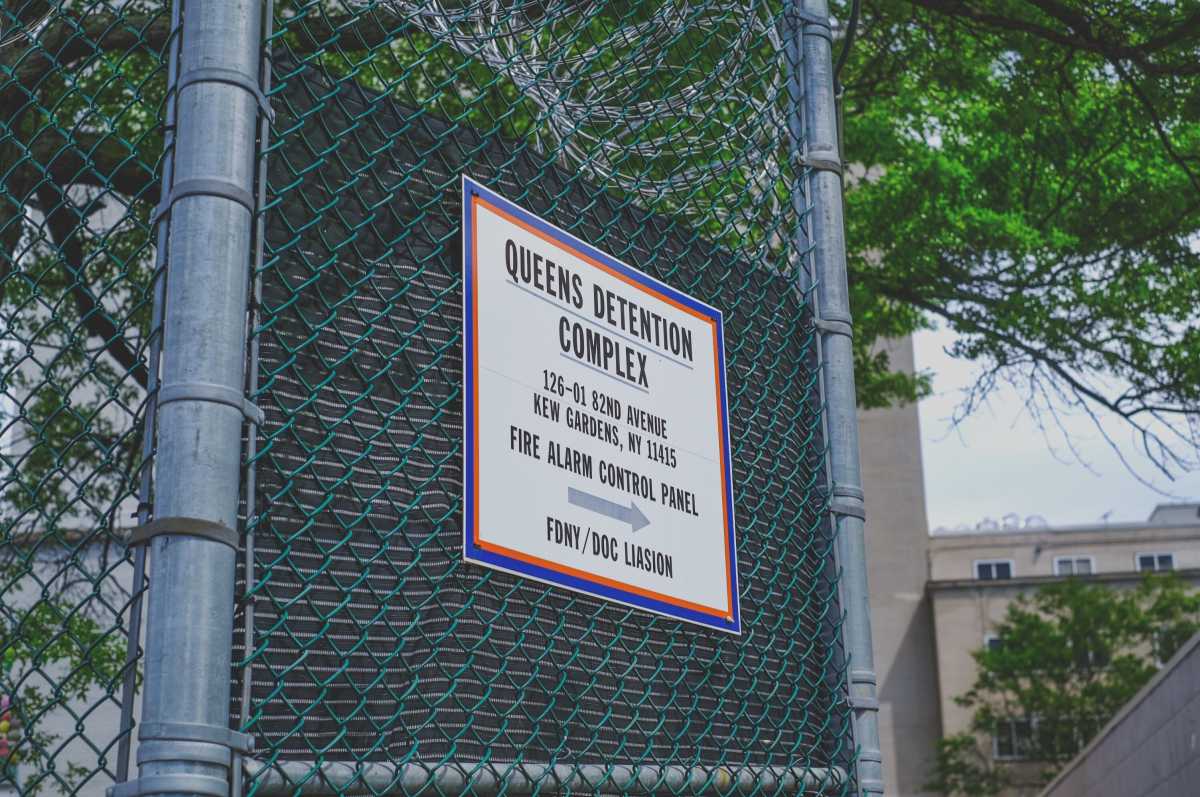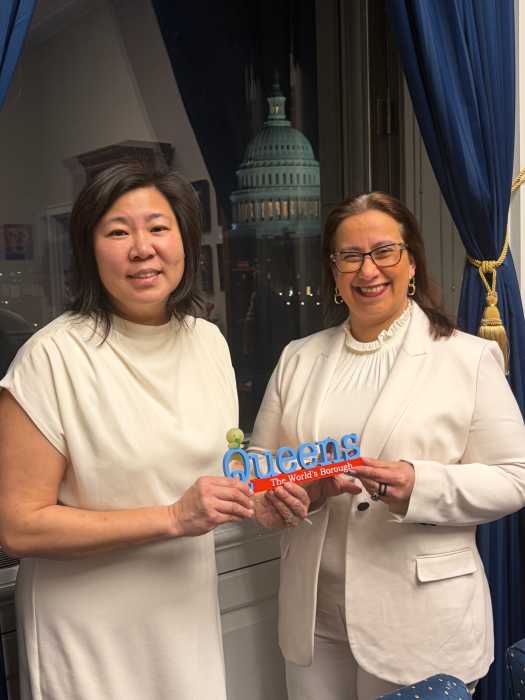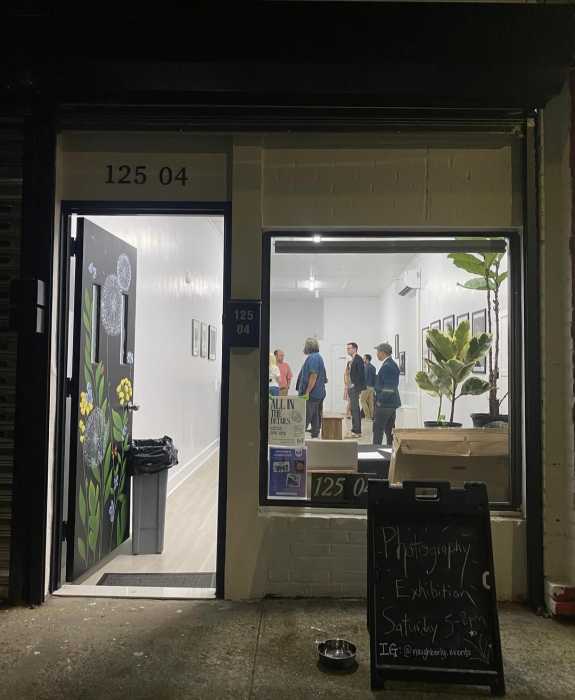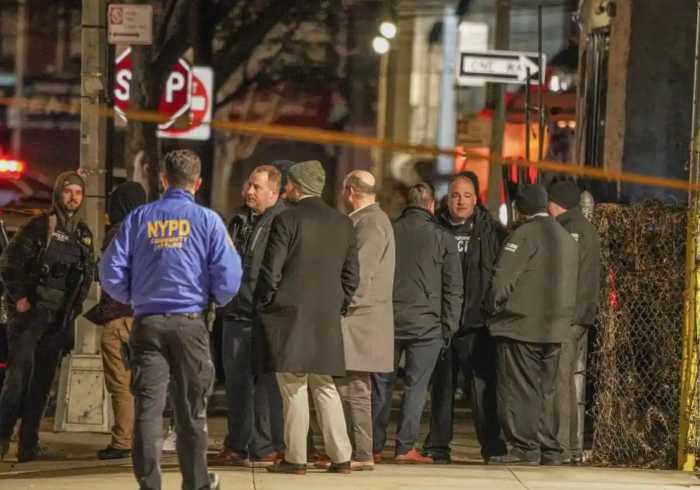With the City Planning Commission’s decision on Tuesday to approve the ULURP application for four new jails across the city — including a new facility in Kew Gardens — reactions are ranging from hope to dismay.
The Tuesday hearing in Manhattan saw the agency vote in favor the proposal by the Mayor’s Office of Criminal Justice with recommendations by the Lippman Commission to close Rikers Island, but the proceedings were punctuated by the chants of activists calling for no new jails altogether.
Now the City Council will decide on the fate of the plan, which aims to institute a culture change with Department of Corrections while also keeping detainees closer to families and courts.
A hearing with the Land Use Committee in the City Council chamber will take place between 10 and 5 p.m. on Thursday, Sept. 5, and is expected to be the only hearing before a vote.
Former Chief Judge Jonathan Lippman was given the task of evaluating how criminal justice reforms in the city could be implemented by former Council Speaker Melissa Mark-Viverito in 2017 and looked at the decision as progress.
“With today’s approval by the City Planning Commission of the city’s plan to establish smaller, borough-based jails, we are one step closer to shuttering the jails on Rikers once and for all. Just three years ago, the prospect of closing Rikers seemed nearly impossible. With the momentum generated by advocates and those who have experienced firsthand the horrors on Rikers, and the blueprint we developed in “A More Just NYC,” we are closer than ever before,” Lippman said. “We have a once-in-generations opportunity to shut the door on a dark chapter in our city’s history and open a new one in which our justice system can serve not only as a beacon of fairness for New York, but for our whole country.”
The proposal is currently on track to impose these changes by 2026, which is estimated to cost taxpayers about $11 billion over the course of all that.
The facility in Queens will be built on the current site of the shuttered Queens House of Detention, behind the Queens County Criminal Court House, and the adjacent municipal parking lot.
The de Blasio administration has reduced the capacity of the Kew Gardens jail from 1,500 to about 1,100, but will also include the facility where all the women in detention across the city will be housed.
Borough President Melinda Katz has supported the plan to close Rikers but has adjusted her view regarding the opening of new jails.
Earlier this year, Katz voiced opposition to Mayor Bill de Blasio’s effort to move forward with the borough-based jails unless he began again with more community input. De Blasio said the project would push forward as scheduled.
But in June, as a candidate for Queens District Attorney, Katz adopted the stance of rival for the seat Tiffany Cabán when she vowed to not support any new jails whatsoever.
“I think with all the diversion programs we’re about to use and services we’re about to use, you could lower that population easily to 3,000,” Katz said. “So if we’re doing all of that, why are we in a rush to approve a 1,500-bed [facility] anywhere … I will not approve a 1,500-bed anywhere in the borough of Queens, because if you build the beds, the city’s going to feel like they have to fill them up and that’s not criminal justice reform to me.”
As for the Land Use Committee, Queens Council members dominate the roster, filling seven of the 17 positions. This includes Peter Koo, Francisco Moya, Barry Grodenchik, Rory Lancman, I. Daneek Miller, Adrienne Adams and Donovan Richards.
Lancman, during his run for DA, voiced full support for the city’s plan to close Rikers.
This is far from over. Be angry. Stay angry. Come show the City Council what NYC thinks about $10Billion for cages:
Thursday, September 5
10am-5pm
City Hall pic.twitter.com/alda4UpyOm— No New Jails NYC (@nonewjails_nyc) September 3, 2019



































